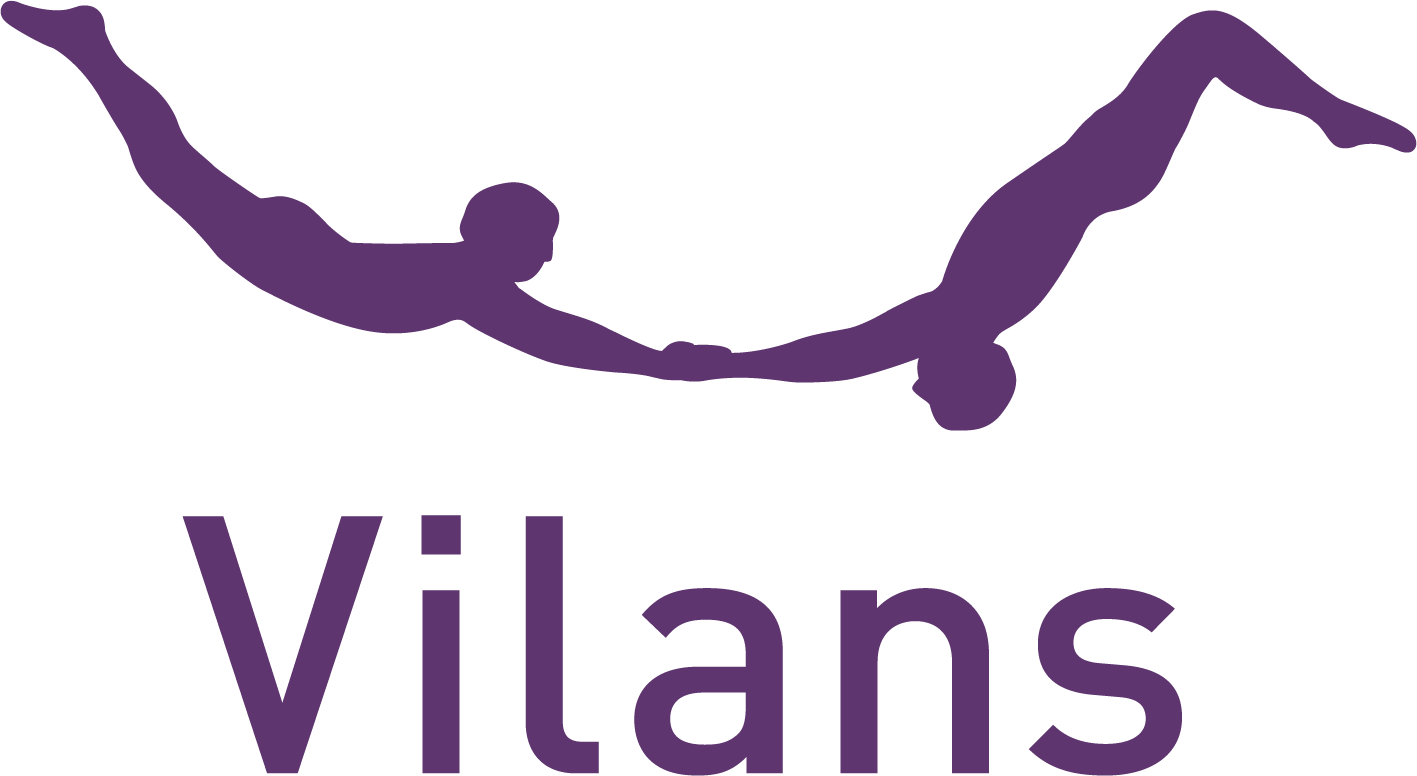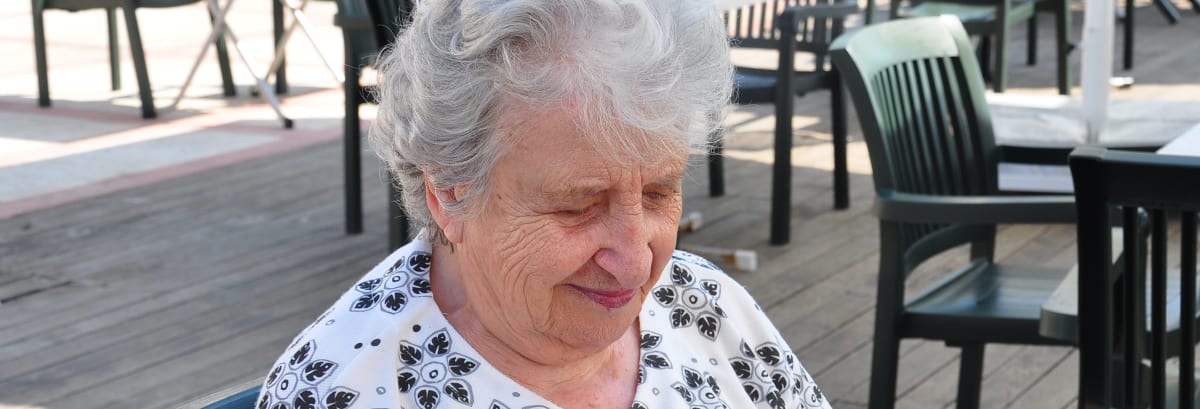Heat wave and older people: what to look out for
Published on: 07-09-2023
In the Netherlands, as soon as the temperature exceeds 27 degrees for 4 consecutive days, the Dutch National Heat Wave Plan comes into effect. The Heat Wave Plan sets out the responsibilities of organisations during a period of sustained hot weather. This is crucial for care institutions: older people are extra vulnerable and can suffer from all sorts of illnesses as a result of the heat. Hence the question: what should care organisations pay attention to?
1. Drink enough
How do you best deal with the heat? The most important thing, of course, is to keep drinking enough. Older people are less likely to feel thirsty. It is therefore important that older people drink enough during and between meals (preferably in small quantities, rather than a large amount in one sitting). Care professionals should explain to clients why they should drink enough. Besides drinking, good and healthy food is of course also important. Preferably fruits and vegetables. These contain a lot of water and are a source of vitamins and minerals.
2. Cool down
Light clothing, fans, air conditioning and sunshades: just like drinking, cooling down is very important. So in the short term, that means using one of the above measures. In the long term, healthcare facilities can have their buildings heat-proofed by taking one of the following actions:
- Provide shade, even outside.
- Reduce heat by properly insulating roofs and facades.
- Make sure clients do not stay in an area where there is a glass covering. These spaces get very hot in the summer and are harder to cool.
- Provide centralised control of sun awnings and turn them on as early as possible.
- Turn off (unnecessary) appliances that produce a lot of heat.
- Use night ventilation so that the building can be cooled with cool night air.
3. Identify which clients are at increased risk
For all older people, it is important that they get enough to drink and for them to keep cool. But there are also older people who are at extra risk, such as clients with heart disease or diabetes. Also, older people who are overweight are extra vulnerable. Finally, there are also clients who are on fluid restrictions, for example they have an organ with reduced function and are only allowed to take extra fluids after consulting a doctor.
4. Enlist informal caregivers
According to a survey by the Red Cross, only 18% of Dutch people regularly ask older family members if they need help dealing with the hot weather. Only 9% visit to offer help. It is important that informal caregivers are actively involved and that they make sure that their loved ones drink enough.






